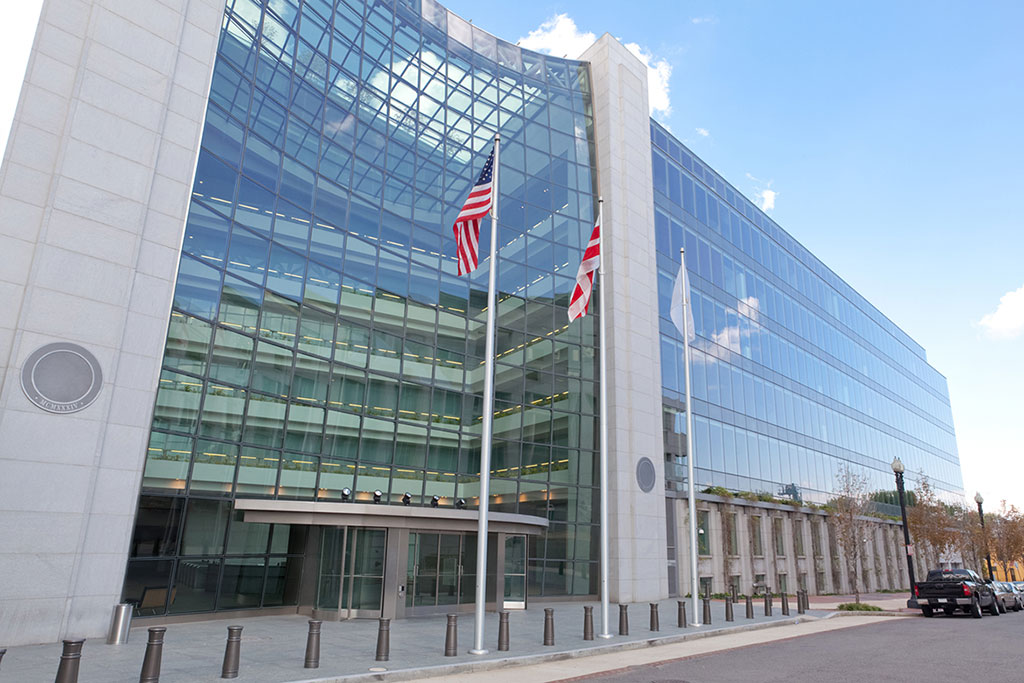Coinspeaker
SEC Fines Flyfish Club $750,000 Over NFT Offering, Sparking Backlash from SEC Commissioners
The United States Security and Exchange Commission (SEC) has continued its crackdown against unregistered securities in the non-fungible token (NFT) market, placing close to a million-dollar fine on Flyfish Club, a restaurant based in New York City. This fine has generated backlash from people within the NFT space and even from the regulatory corner.
Flyfish Club started an NFT collection that gave members special access to its restaurant, cocktail lounge, and other dining experiences. However, the security agencies noted that Flyfish’s NFT offering was an unregistered sale of securities because the tokens were presented as investment contracts, meaning holders could make money by reselling them.
The financial watchdog, while flagging the sale to be an unregistered offering, mentioned that the sale occurred between August 2021 and May 2022, and about 1,600 NFTs were sold to the public, including US citizens, which generated approximately $14.8 million from two price points. They said:
“Between August 2021 and May 2022, Flyfish conducted an unregistered offering of crypto asset securities by offering and selling to the public, including U.S. investors, approximately 1,600 non-fungible tokens (“NFTs”) at two price points. The first price point was for the Flyfish NFT priced at 2.5 ETH (~$8,400), and the second was for the Omakase NFT priced at 4.25 ETH (~$14,300). The offering generated gross proceeds of approximately $14.8 million.”
SEC Commissioners Dissent, Calling for Guidance on NFT Experimentation
In a settlement, Flyfish agreed to pay $750,000 and get rid of all its remaining NFTs. The restaurant also promised to stop earning future royalties from NFT sales. The fine, however, has not gone down well with many; in fact, people within the SEC have voiced their displeasure regarding the situation.
Hester Peirce and Mark Uyeda, both SEC commissioners, have criticized the enforcement, stating that the Flyfish NFTs were just a new way to sell restaurant memberships and didn’t break any securities laws. They stated that the settled enforcement taken by the SEC against Flyfish further weakened the trust in the Chief SEC. They said:
“Today’s settled enforcement action with Flyfish Club for its sale of non-fungible tokens (“NFTs”) is just the latest dish that undermines trust in Chef SEC. Accordingly, we dissent.”
In their statement, the commissioners noted that NFTs offer opportunities for creative people to make more money from their talent and that Flyfish Club’s offering is not a threat to American investors. They further said that the Commission should adjust its regulation and provide guidance for NFT creators to experiment.
“Experiments like Flyfish Club are not a threat to the American investor. Creative people should be able to experiment with NFTs without having to consult a high-priced tea-leaf reader – ahem, lawyer. The Commission can change its menu to include a healthy serving of guidance to give non-securities NFT creators the freedom to experiment,” they added.
The strong stance shows that the SEC believes many NFT offerings are unregistered securities, even if the tokens give access to real-world services or experiences. However, the backlash from the opposing commissioners could lead to the Commission softening its approach and adopting a more careful approach to NFT regulation.
SEC Fines Flyfish Club $750,000 Over NFT Offering, Sparking Backlash from SEC Commissioners





